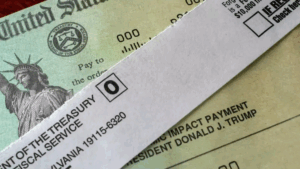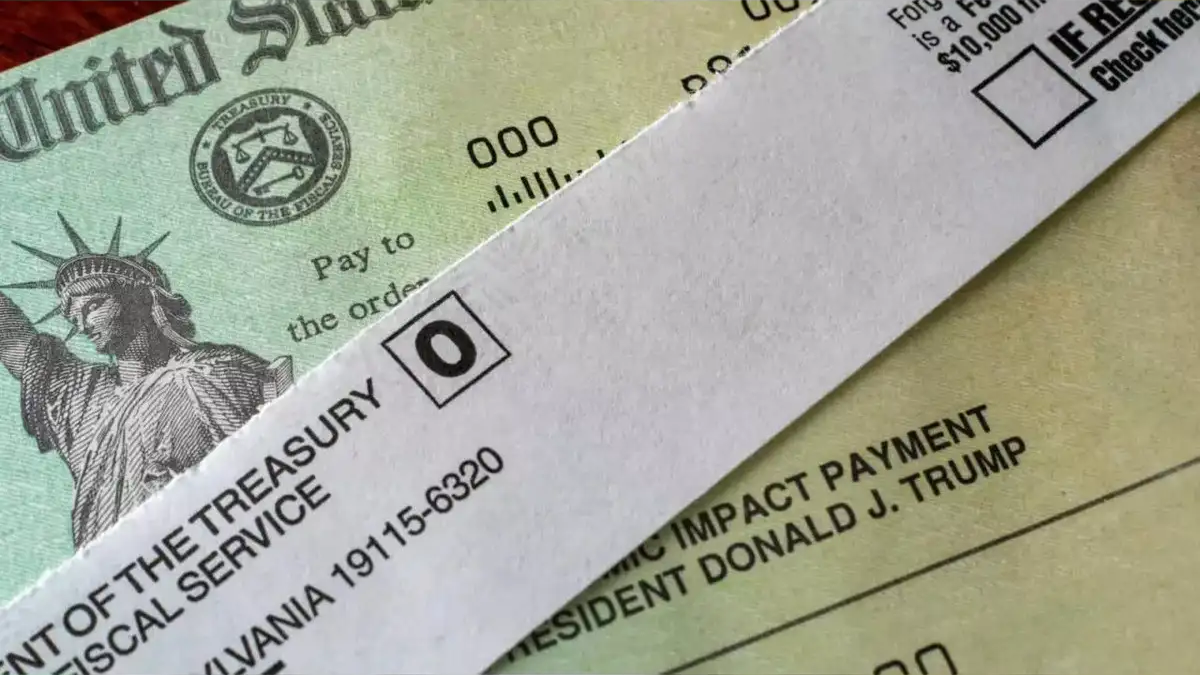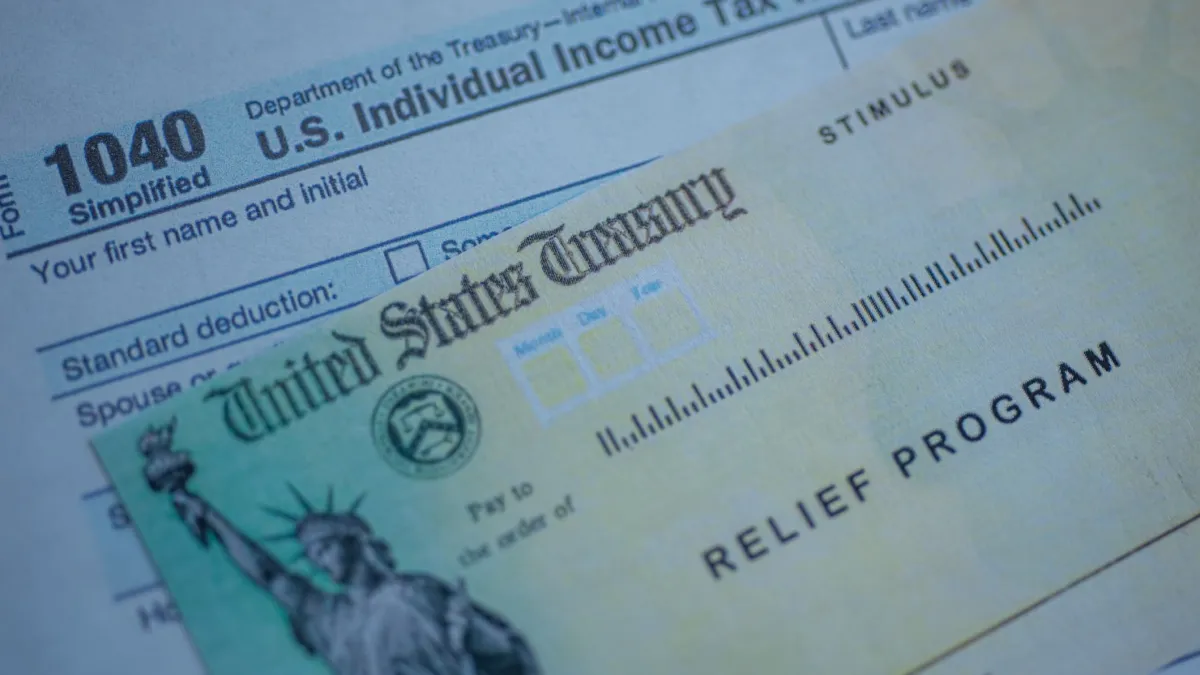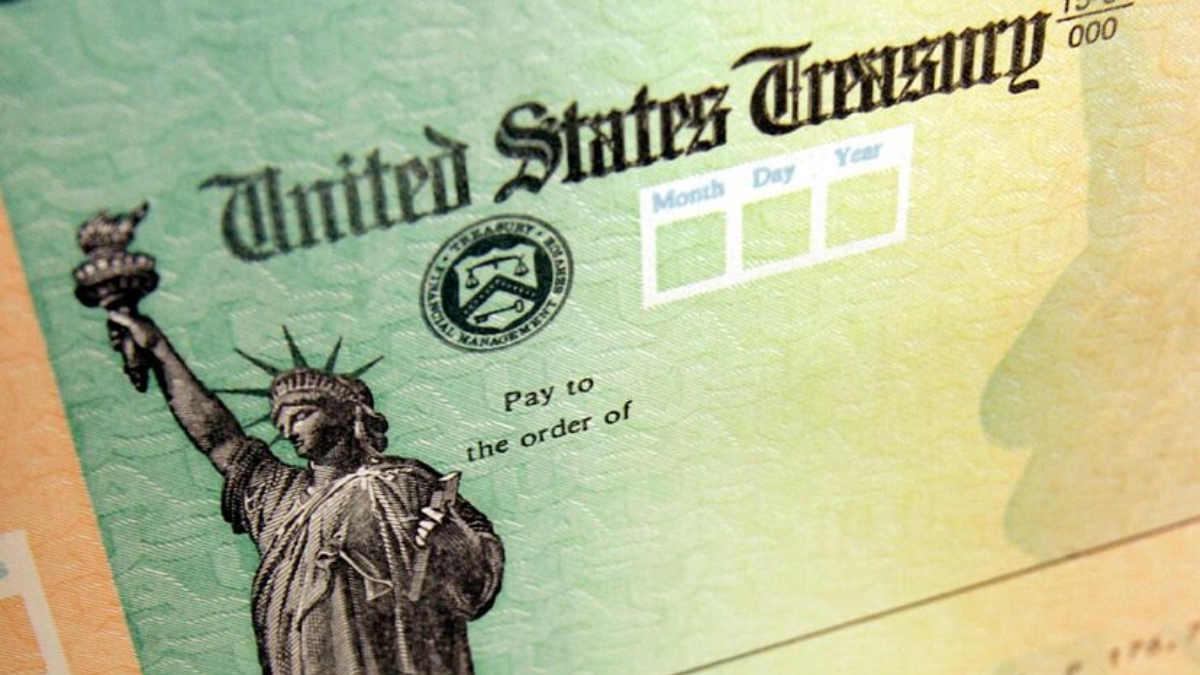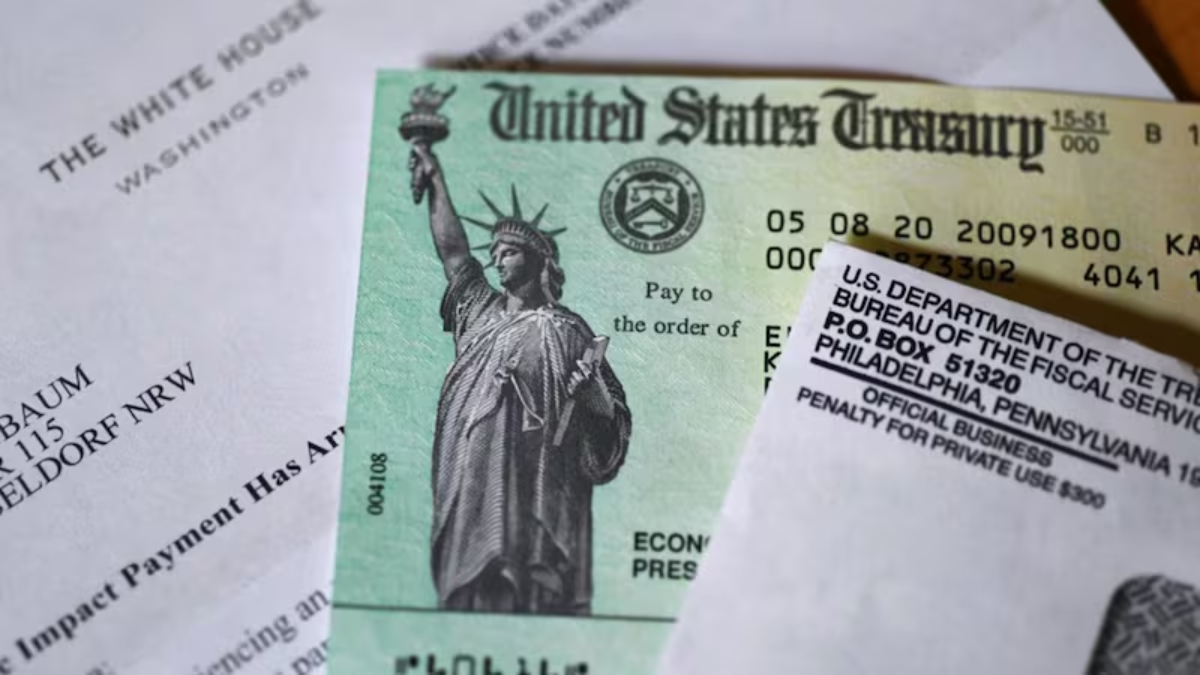New tariffs tied to Donald Trump’s trade policies may hit West Virginia where it hurts most: its coal industry—and the everyday people who depend on it.
In many parts of the state, coal mining isn’t just a job—it’s the backbone of the local economy. When coal production slows down, counties lose funding for schools, roads, and public services. This isn’t just a setback for major corporations; it’s a real hardship for working families across West Virginia.
Chris Hamilton, president of the West Virginia Coal Association, has sounded the alarm, saying these tariffs are a serious threat to the coal industry’s survival. It’s especially concerning because West Virginia exports nearly half of its coal, much of it heading to China.
China has been a key trade partner for West Virginia—not just in coal but also in service exports, which have grown 18% annually. Even though West Virginia’s coal makes up a small part of China’s total energy use, it plays into a market where coal still fuels 55% of China’s electricity. That said, China is moving steadily toward renewable energy, which now covers about 35% of its demand. In comparison, the U.S. lags behind at 22%.
Can West Virginia Find Other Buyers?
Analysts like Terence Headley, an energy expert from Barboursville, say it’s possible—but difficult—for the U.S. to pivot its coal exports. While utilities can’t easily replace coal due to high infrastructure costs (a concept known as “inelastic demand”), China has easier access to coal from Australia, Russia, and Indonesia.
Still, all hope isn’t lost. Headley points to Israel as a possible alternative market. Israel currently generates 22% of its electricity from coal and has faced supply shortages due to the conflict in Gaza. The U.S. might be able to redirect some coal exports there, but it won’t fully replace the Chinese market.
Complicating things further, most countries have long-term energy contracts and are gradually switching to greener energy sources, leaving less room for coal suppliers to break in. If Trump’s trade war escalates, China could permanently shift away from American coal, leaving West Virginia struggling to recover.
The Bigger Energy Picture
The state does have natural gas resources, sitting atop the rich Marcellus Shale with 141 trillion cubic feet of recoverable gas, and near the Utica Shale, which holds similar potential. China once expressed interest in investing billions in West Virginia’s energy sector. But now, it’s looking elsewhere for natural gas—turning to Australia, Qatar, and even other parts of China.
Financial expert Nigel Green, CEO of the deVere Group, warned that China won’t respond softly if pushed too far. “Beijing is showing strategic patience,” he said, “but its response will be methodical and far-reaching, targeting areas where it hurts the most.”
A Policy Backfire?
It’s an ironic twist. Trump gained massive support in West Virginia by promising to revive coal and protect American workers. But his aggressive trade policies are doing the opposite, risking job losses, cutting public funding, and possibly turning some of his strongest supporters against him.
As coal jobs and revenue disappear, everyday West Virginians—not just the industry leaders—could pay the highest price.

